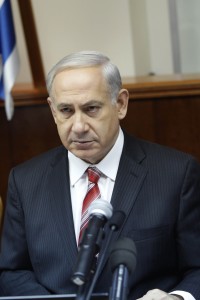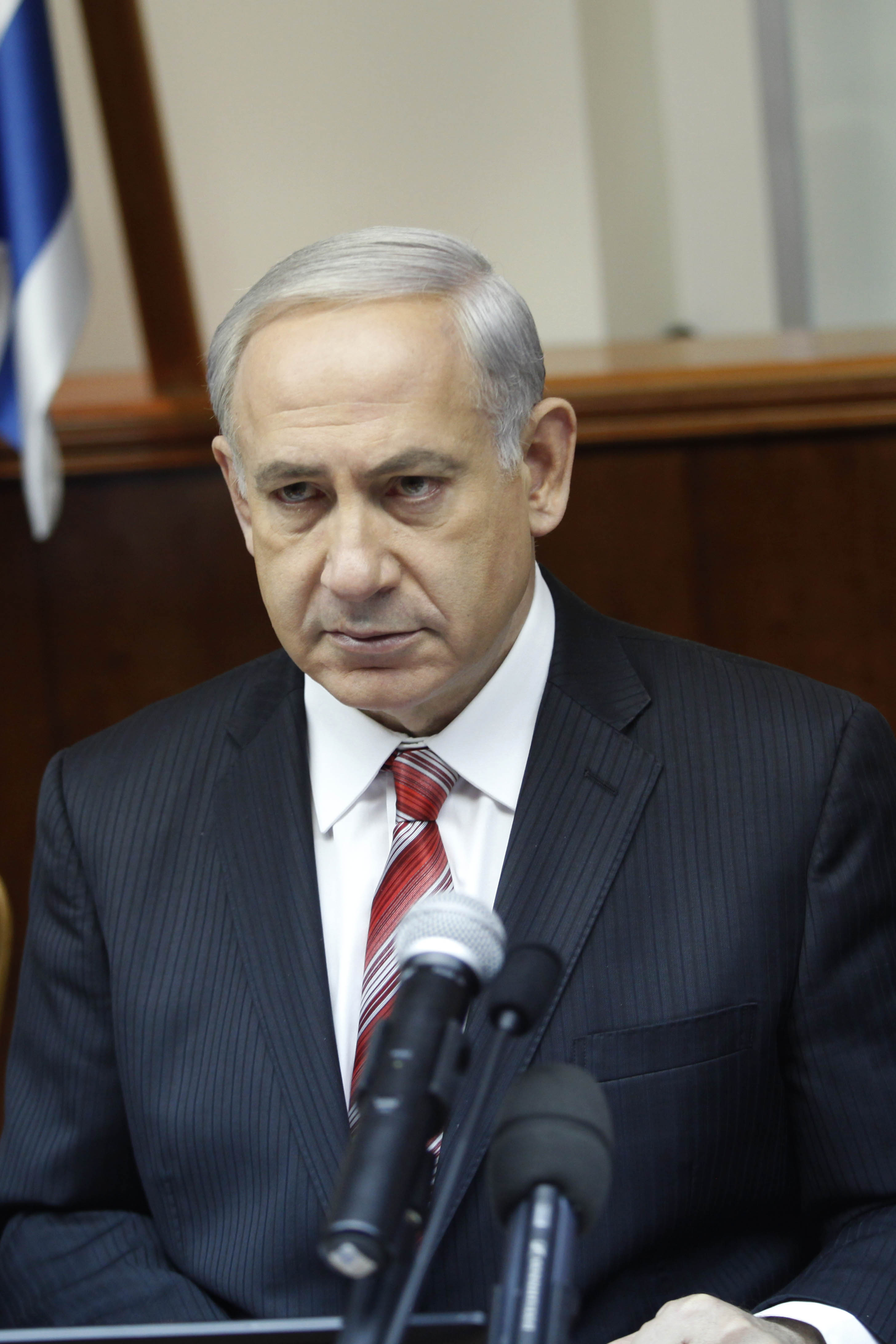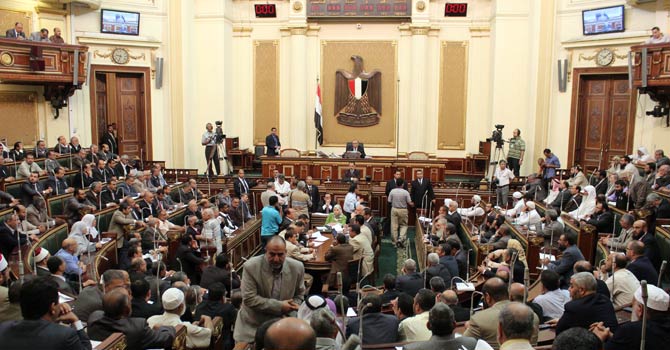
(AFP Photo)
Israeli Prime Minister Benjamin Netanyahu said on Sunday during the opening of the weekly cabinet meeting that the two rockets fired at the southern resort city of Eilat last week were likely fired by a terrorist cell from Gaza operating in the Sinai Peninsula.
Netanyahu said the shooters were most likely “a terror squad that left Gaza and used Sinai territory to attack an Israeli city,” adding that Israel will “exact a price” for the attack.
“This has been our consistent policy for the past four years and it will serve us here as well,” Netanyahu said. He called on Minister of Defence Moshe Yaalon to present a short briefing on the matter.
According to Paul Hirschson, spokesperson of the Israeli foreign affairs ministry, Israel and Egypt are in constant contact regarding the rocket attack. “We are in contact with the Egyptian authorities on every subject,” he added.
Hirschson cautioned that it was still early in the investigation and said that he could not say whether or not Israel had any expectations of the Egyptian government. “We are not in the habit of telling other countries what to do,” he said. “Not all the information may be in yet and there is a mutual expectation that neither of us would allow anyone to use our territories to attack others.”
The Sinai Peninsula has been the site of numerous rocket attacks against Israel, as well as ambushes on security forces and tourist kidnappings. Part of the peace treaty with Israel involves the partial demilitarisation of the Sinai Peninsula, which has resulted in a decreased security presence in the area.
The security vacuum in the Sinai has led to several attacks on military checkpoints and rocket fire into Israel, prompting the government to increase security in the area. Last year in August an attack on a Rafah checkpoint in Sinai left 16 soldiers dead and seven injured, prompting heightened security and an increase in military hardware in the area.
“There have been a number of occasions where Egypt has coordinated with us,” Hirschson said. “We do not object to an increased presence of one kind or another given the circumstances.”
Hirschson said that the partial demilitarisation is the foundation of the peace treaty with Egypt, adding that the main reason it should stay in place is because it has been proven to work for both nations. “If it isn’t broken don’t fix it,” he said, calling it “stable, solid and a hell of a lot better than before”.



